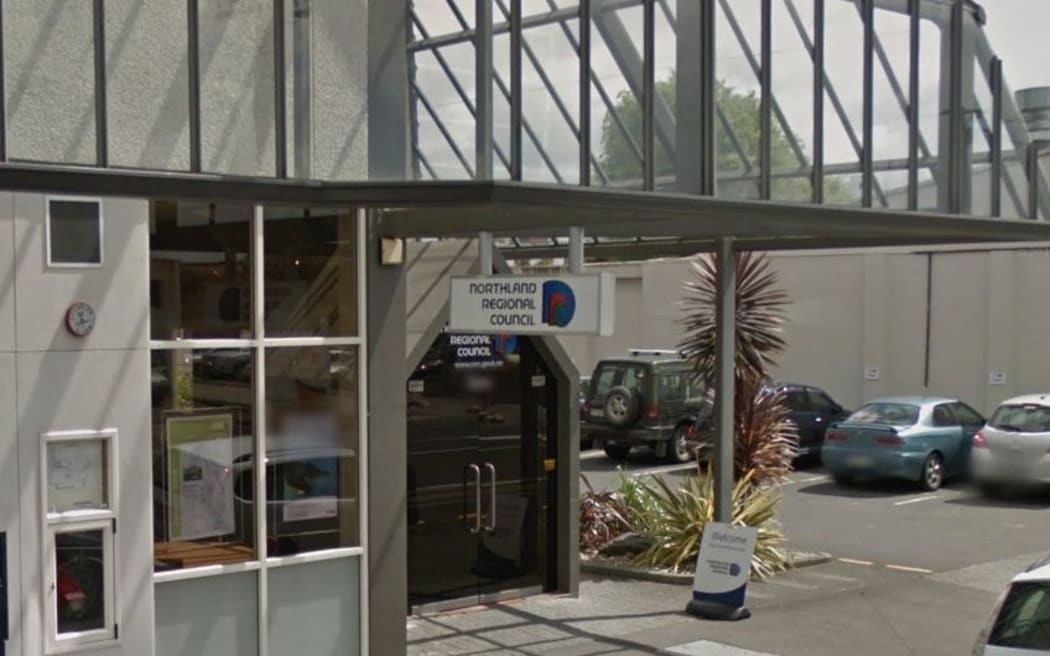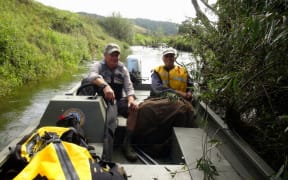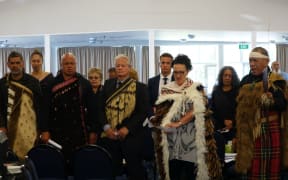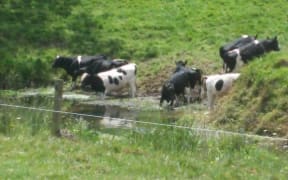Northland's Regional Council is making big changes to the way it operates, sparking a warning that it may be seen as doing business behind closed doors.

Northland Regional Council in Whangarei. Photo: Google Maps
The council has dismantled its committee structure and set up what it calls 'working parties' to manage the workload.
Working parties have no formal status under the Local Government Act, according to Local Government New Zealand.
Previously 70 percent of the Northland council's business was handled by its Environment Committee.
That load has now been split into three, with separate working parties for Natural Resources, Pest Management, and Marine Management.
There are additional working parties for Health and Safety, Audit and Planning, and the only standing committees are the Regional Transport Committee, and two Investment and Property subcommittees.
Council chairman Bill Shepherd said the aim of the restructure was to eliminate double-handling and save time and money.
"The chair of each of those working parties will be responsible for liaising with staff in that particular area of the council's business; they will then be responsible for bringing those issues that need resolution by the council to a full council meeting or a full council workshop," he said.
Mr Shepherd said only two councillors had sat on the Environment Committee - the other members came from the community and external agencies, such as the Department of Conservation.
And while they were able to hear all the details of an issue at presentations by consultants and various experts, the full council - who could make the decisions - was not.
Mr Shepherd predicted the new system would be more efficient and all councillors would be better informed.
Council committees are open to the public and reporters, and make agendas and minutes available to the public.
Working parties and workshops are generally not open, and the Northland Regional Council ones will not produce agendas or minutes.
Mr Shepherd was uncertain about whether the working parties would be subject to the provisions of the Local Government Official Information and Meetings Act, as the former committees were.
But he said the council would be no less transparent.
Councillor Paul Dimery warned the council at its December meeting that the community might see it differently, and he was uneasy about perceptions.
"Really, just about changing things that give the appearance that we're not as transparent as we were before. It's the perception that I'm concerned about," he said.
Regional Council staff who analysed the new working party structure made similar comments.
They said while the revamp would increase debate and decision-making by the full council, the public might perceive the council to be operating behind closed doors.
The staff also noted that committees which previously had community members, would now have none.
However Bill Shepherd was adamant the council wasn't trying to dodge public scrutiny.
"It's not a matter of being behind closed doors," he said.
"It's about giving the (working party) chairs an opportunity to get their heads around the issues; to have a free and frank discussion with staff about those issues which they can then bring to the council table for consideration by the full council. "
The chair of the new Pest Management working party, Mike Finlayson, said he would be holding open meetings, whatever the normal protocol.
Mr Finlayson, who's a newly-elected councillor with a background in conservation, said the council needs to drum up as much public interest as it can to tackle the problems confronting the region.
"We're facing ever-increasing challenges; we've got all the terrestrial weeds and pests but now we're getting marine pests like Mediterranean fanworm," he said.
"It's really important that public be up to speed with these new challenges and also be part of the solution".
Mr Shepherd said he was confident the new Northland Regional Council structure will work, but the council would review it after six months.





